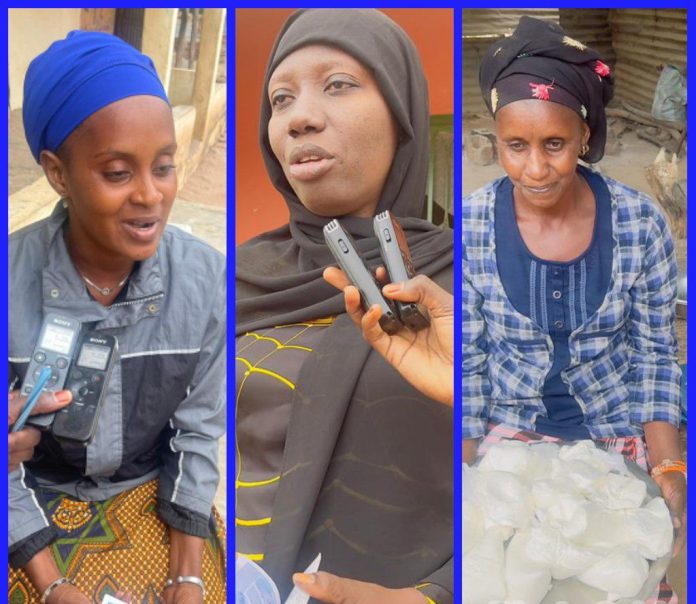By Ndey Sowe
As the Nafa cash transfer program reaches its twelfth payment cycle for extremely poor households across The Gambia, beneficiaries in the Foni District of the West Coast Region have commended the Social and Behavioral Change Communication (SBCC) component of the Gambia RISE project, describing it as transformative and empowering.
The SBCC component emphasizes investments in maternal and child health, education, family planning, savings, entrepreneurship, and agriculture, equipping households with the knowledge and skills needed to create sustainable livelihoods.
Implemented by the National Nutrition Agency (NaNA), the Department of Community Development, and the Directorate of Social Welfare, the Nafa program combines direct financial support with SBCC, a core aspect of the Gambia’s Resilience, Inclusion, Skills, and Equality (RISE) project. Backed by $92.71 million in financing from the World Bank and the Global Partnership for Education, the five-year initiative aims to improve human capital through better education, employment opportunities, and social protection.
Haddy Bah, a beneficiary from Nyentempu village, expressed her gratitude during an interview:
“The program has a lot of benefits because it’s not only about the money; it also helps us in terms of education, which is very important. The SBCC component has taken us to another level by teaching us how to manage a business, engage in animal breeding, and invest in maternal and child healthcare, among other things.”
Haddy shared that she was able to purchase a goat from her payments, which has since reproduced, and she has consistently received her funds throughout the program’s twelve payment cycles. “I am also able to pay for some of my children’s school needs. We thank God and the World Bank and partners for their support,” she added.
Similarly, Salimatou Sowe, a soap maker and project beneficiary, described the program as life-changing:
“Since the inception of Nafa, we have elevated ourselves to another level. Our children’s school fees are being paid, and I bought a goat with part of the money while using the rest for household needs. It has significantly improved our livelihoods.”
Jainaba Sanyang, Principal Social Welfare Officer at the Ministry of Gender, Children, and Social Welfare, emphasized the program’s broader social impact: “The project is a household name in The Gambia and supports the most vulnerable, especially poor households. We aim to ensure that the cash transfer strengthens families, prevents child abuse and exploitation, and addresses issues like child marriage and FGM.”
Ms. Sanyang praised the SBCC component as essential to the project’s success and expressed gratitude to the World Bank and NaNA for their collaborative efforts:
“The foresight of bringing everyone together to address local-level issues is commendable. If this project can continue to address these challenges, it will greatly benefit us as a directorate.”
The Nafa project continues to make strides in improving livelihoods, empowering families, and fostering sustainable development in communities across The Gambia.


















